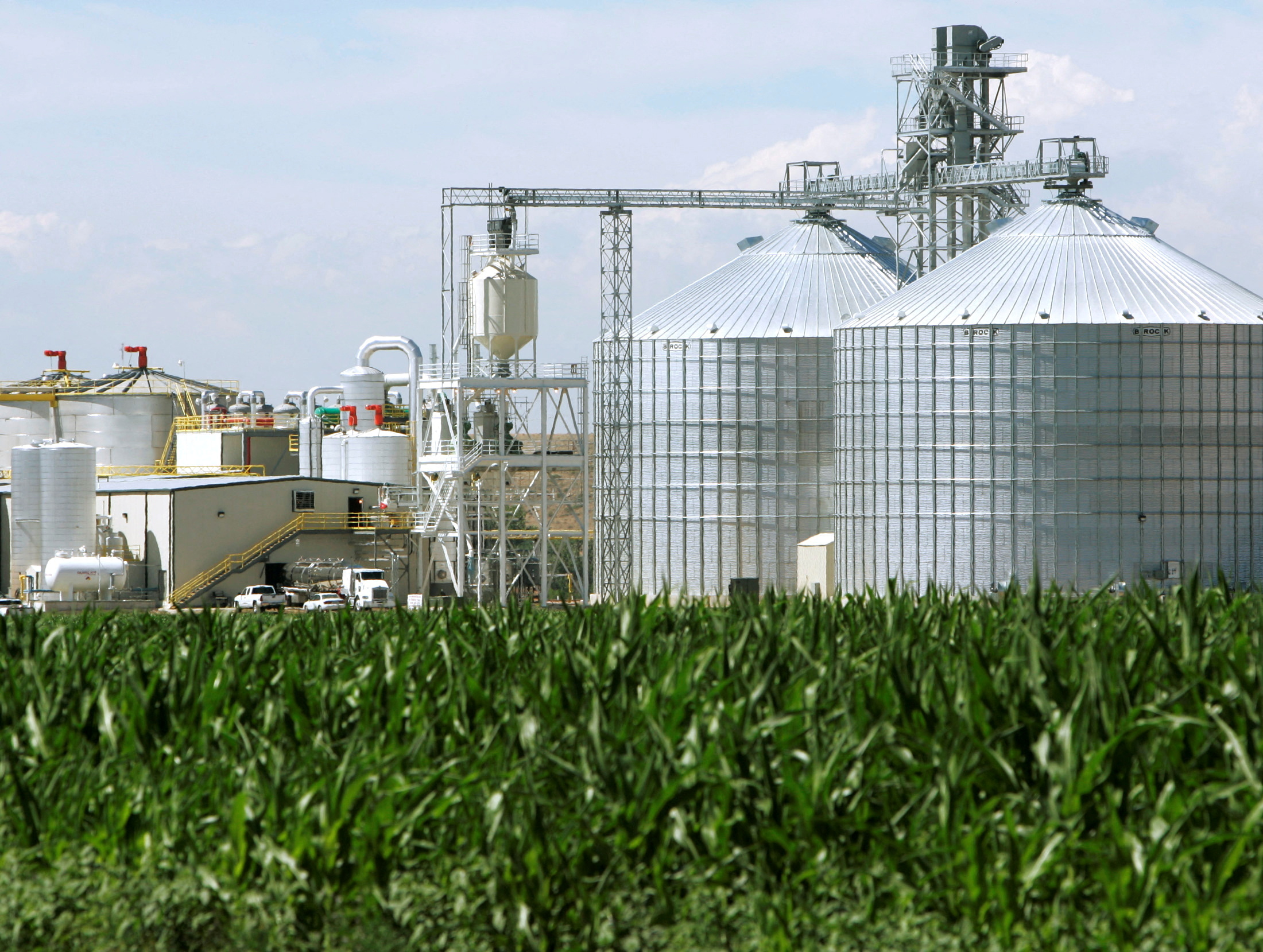Various ethanol producers in the US joined 16 states that are opposing Biden’s stricter emission standards for model years 2023 through 2026. The EPA has proposed that a fleet mix of about 40% of the fleet will have EVs, slightly tighter level by mid-decade. In addition to ethanol producers, other corn and soybean growers associations argued that only electric cars will be produced. Implying that one technology is being preferred over the other.

Similarly, the State of West Virginia and other allied coal interests in the Supreme Court are seeking to limit the EPA regulation on plant emissions. West Virginia claims that the EPA is mandating renewable energy. While electric vehicle manufacturing companies are working on making their technology renewable in every aspect. The support from the government and other policies is increasing. However, other technological advances like ethanol vehicles are considered a not feasible option. Certain automakers including BMW, have been working on hydrogen vehicles.
In the US, flexible fuel vehicles which have a combination of gasoline and ethanol as fuels are well known. This option came out as the prices of gasoline and other fuels increased. This flexible fuel ensures a lesser about of gasoline is required.
Corn-based ethanol
A recent study suggested that mixing corn-based ethanol with gasoline could actually be worse for the environment than straight gasoline, owing to environmental issues from growing all of that corn. The 2008 Renewable Fuel Standard sought to add more ethanol to United States gasoline supplies, with results that were ambiguous at best, and no significant revision of ethanol policy has been undertaken since then. In the meantime, the Biden administration has said automakers will pay steeper fines for failing to comply with emissions rules.
According to data, 95% of ethanol made in the US is from corn. It reduced pollution. However, is not a perfectly preferable option compared to electric vehicles. As the emissions continue to exist with the mixture of gasoline fuel, and various automakers already advancing towards electric vehicle development. The popularity of electric vehicles is growing strong. Tesla is the top EV player, is not only selling in the US but has a global presence, setting an example for more electric vehicle developments.
In December, the Environmental Protection Agency issued a long-awaited biofuel blending mandate proposal that cut ethanol requirements for 2020 and 2021 but restored them to 15 billion gallons for 2022. Farmers and biofuel producers criticized the rollbacks but welcomed the restoration this year. But, in recent weeks, administration officials have considered rolling back the 15 billion gallon mandate when the final rule is issued later this year, the two sources told Reuters.
“EPA remains committed to the growth of biofuels in America,” said Nick Conger, an EPA spokesperson. “We look forward to reviewing the robust comments that we receive from all stakeholders before finalizing our rulemaking later this year.”












